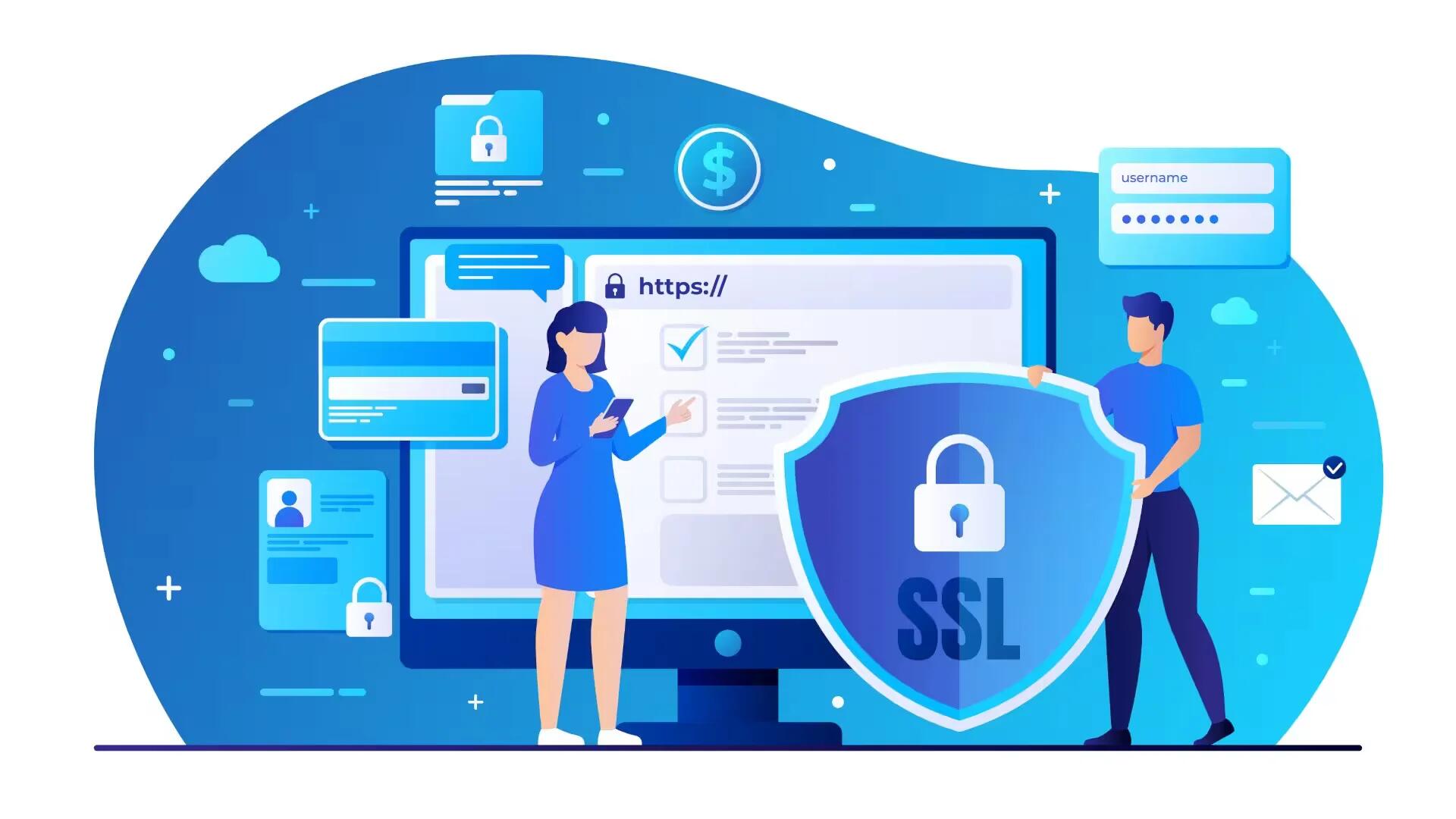In this interconnected business landscape, data is more than just numbers and facts; it is the lifeblood that drives decision-making, innovation, and growth. From customer information to strategic plans, the data a business accumulates is both its most valuable asset and its most significant vulnerability. As cyber threats become more sophisticated and frequent, the looming question for every business, big or small, is: “Is our data truly safe?” The ramifications of a data breach extend beyond immediate financial loss. The erosion of trust, tarnished reputation, and potential legal consequences can have long-term repercussions. Thus, ensuring data safety is not just an IT concern; it is a fundamental business imperative. As we delve into this topic, we will explore the current state of business data security, common threats, and the proactive measures businesses can take to fortify their digital defenses.
Current State of Business Data Security
The digital age, while bringing numerous advantages, has also ushered in an era of heightened cyber vulnerabilities. Recent years have seen a startling uptick in data breaches, with globally recognized companies falling victim to cyberattacks. For instance, notable incidents like the Capital One breach in 2019 compromised the data of over 100 million individuals. Such breaches result in more than just immediate financial strain; they leave an indelible mark on a company’s reputation. Customers begin to question the company’s reliability, stakeholders become wary, and the ripple effects can be felt for years. In monetary terms, the average cost of a data breach in 2020 stood at $3.86 million, but the reputational damage is often incalculable.
Common Threats to Business Data
Cyber threats have evolved, becoming more sophisticated and targeted. Among the most prevalent threats businesses face today are phishing attacks, where cybercriminals trick individuals into revealing sensitive information through seemingly legitimate requests. Then there is ransomware, malicious software that encrypts a victim’s files, with attackers demanding ransom to restore access. Notable examples include the WannaCry attack in 2017 that affected over 200,000 computers across 150 countries. Insider threats, regularly overlooked, pose a significant risk as well. A disgruntled employee or an unaware one can inadvertently become the source of a data breach. For instance, the 2018 Tesla breach was attributed to an insider who altered the company’s manufacturing operating system. Each of these threats underscores the pressing need for robust cybersecurity measures.
Role of VPNs in Data Protection
Virtual Private Networks, or VPNs, have emerged as a cornerstone in the realm of data protection. At its core, a VPN establishes a secure, encrypted connection between a user’s device and a server, ensuring that any data transmitted is shielded from prying eyes. This encryption is particularly crucial for businesses, as it prevents potential interceptors and eavesdroppers from accessing sensitive company information. With the rise of remote work and companies operating across multiple locations, VPNs have become indispensable. They allow employees to access company resources securely from anywhere in the world, ensuring both flexibility and data protection. For businesses considering a VPN, starting with a trial can be a wise move. Exploring options like the best VPN free trial can offer insights into the benefits and functionalities before making a commitment.
Implementing Multi-Factor Authentication
While cyber threats are becoming increasingly sophisticated, relying solely on passwords for protection is no longer sufficient. Enter Multi-Factor Authentication (MFA). MFA enhances security by requiring users to provide two or more verification factors to gain access. This could be something they know (password), something they have (a smart card or phone), or something they are (fingerprint or facial recognition). The idea is simple yet powerful: even if a cybercriminal manages to steal a password, they would still need the second verification factor to breach the account. By adding this extra layer of security, businesses significantly reduce the risk of unauthorized access, ensuring that their data remains in safe hands.
Frequent Backups and Data Recovery Plans
Data is the backbone of any business, and losing it can be catastrophic. This is where the importance of regular backups comes into play. By frequently backing up essential data, businesses ensure that they have a safety net in case of accidental deletions, hardware failures, or malicious attacks. But merely backing up is not enough; having a robust data recovery plan is equally vital. Such a plan outlines the steps to be taken after a data breach or loss, ensuring a quick return to normalcy. From identifying the cause of the breach to notifying affected parties and restoring data from backups, a well-structured recovery plan minimizes downtime and associated costs.
Conclusion
From leveraging advanced tools like VPNs to fostering a culture of cybersecurity awareness, every measure counts. While technology offers robust defenses, it is the combination of informed employees, regular backups, and adherence to global regulations that creates a holistic shield against threats. As the digital landscape evolves, businesses must remain agile, proactive, and ever-vigilant, ensuring that their data remains secure in a world full of uncertainties.
